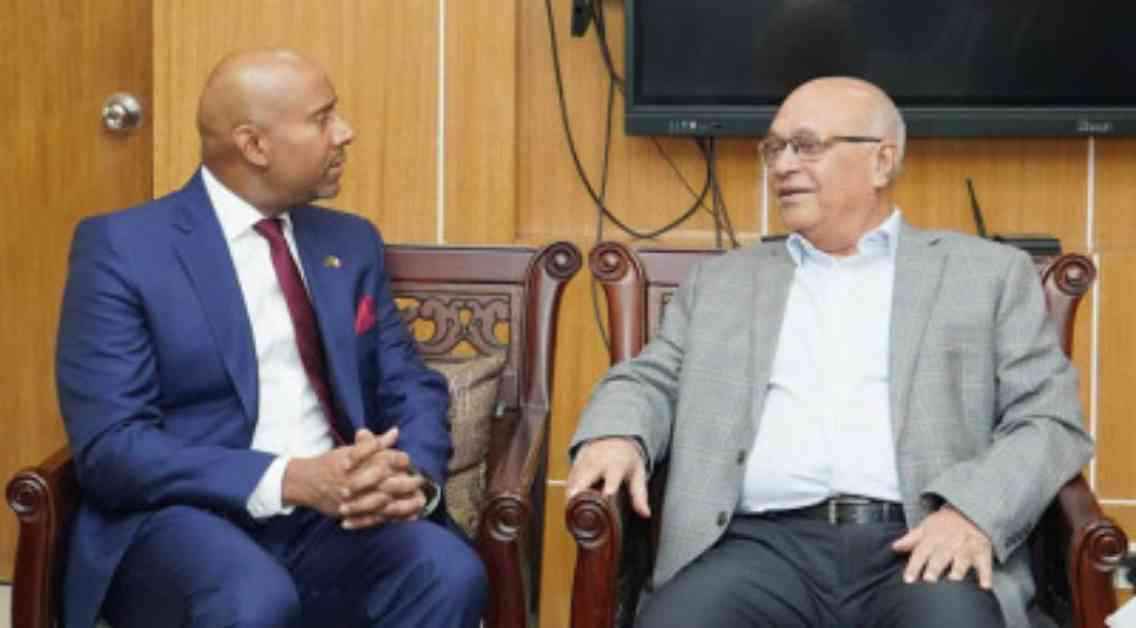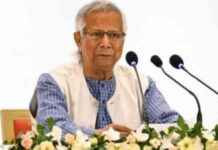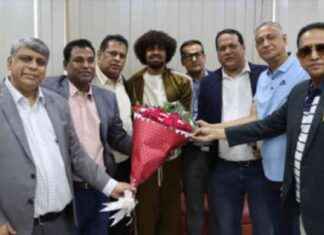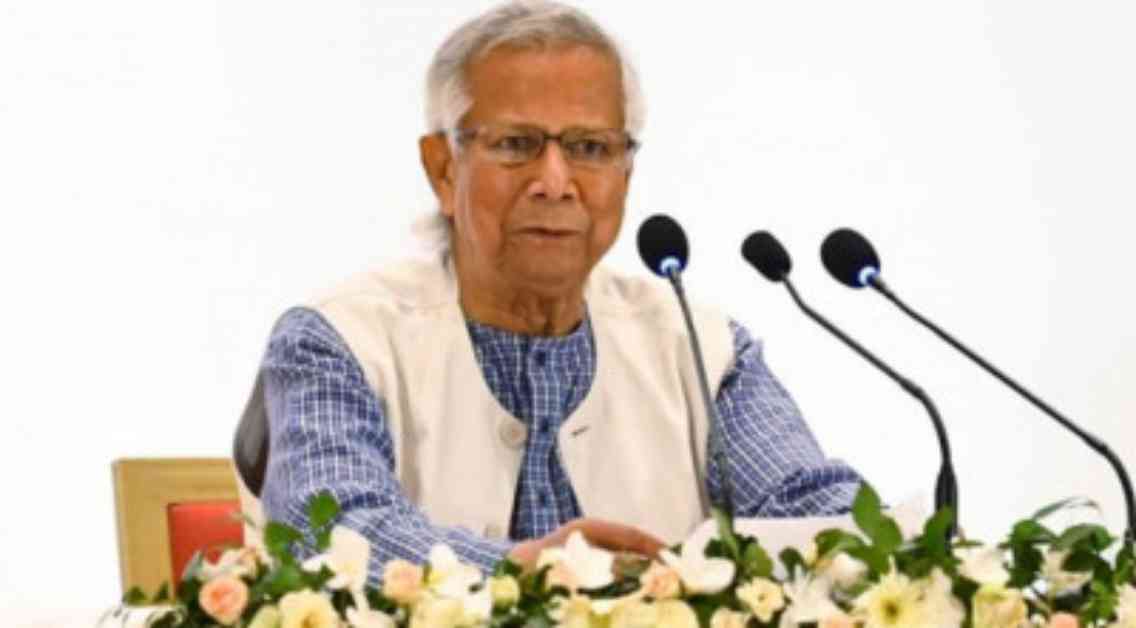Canadian High Commissioner’s Visit with Relief Adviser
The Canadian High Commissioner to Bangladesh, Ajit Singh, met with the Disaster Management and Relief Adviser, Faruk E Azam, on Tuesday at the Secretariat office. The meeting took place in the office of the Disaster Management and Relief Ministry, discussing recent floods in Bangladesh and the influx of displaced Myanmar nationals.
Discussing Relief Efforts and Disaster Preparedness
During the meeting, they discussed the recent floods in Bangladesh and the need for a resettlement plan for the affected people. Additionally, they were briefed on the government’s disaster management plans, including shelter, primary healthcare, disaster preparedness, and various rights issues.
The Relief Adviser emphasized the significant contribution of the Bangladeshi people, especially in Chittagong division, in providing shelter to a large number of Rohingya refugees. He highlighted the importance of improving the living standards of both Rohingya refugees and local residents through development projects.
Appreciation for Humanitarian Efforts
The Canadian High Commissioner commended Bangladesh for providing shelter to displaced Myanmar nationals and acknowledged the global community’s humanitarian efforts for the Rohingya population. He expressed interest in supporting disaster-resilient housing at the Rohingya refugee center.
At the meeting, the Secretary of the Disaster Management and Relief Ministry, Mohammad Kamrul Hasan, along with senior officials of the ministry, were present.
In conclusion, the discussions between the Canadian High Commissioner and the Relief Adviser focused on addressing the immediate needs of flood-affected communities in Bangladesh and enhancing disaster preparedness measures for future incidents.
Conclusion
The visit highlighted the ongoing collaboration between Bangladesh and Canada in disaster management and relief efforts, emphasizing the importance of international cooperation in addressing humanitarian crises and ensuring the well-being of vulnerable populations. The commitment to supporting disaster-resilient housing and improving living conditions for both Rohingya refugees and local communities demonstrates a shared vision for a more sustainable and inclusive future.



























